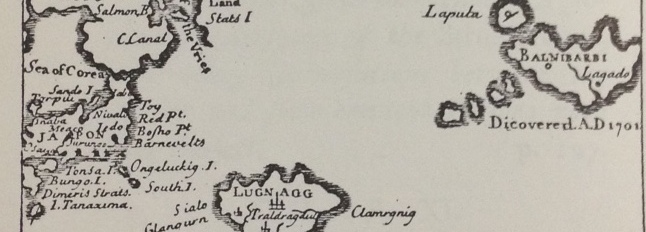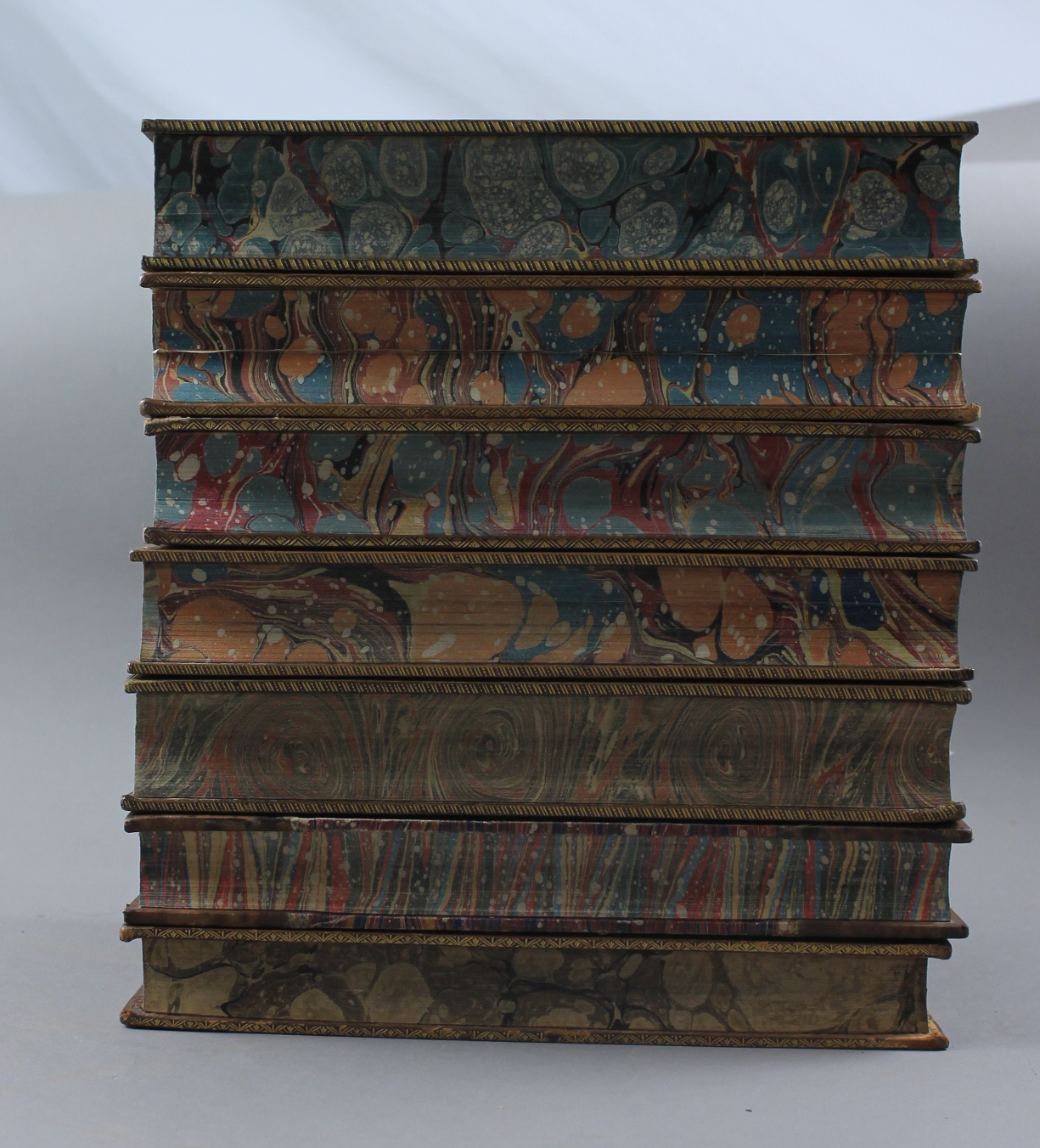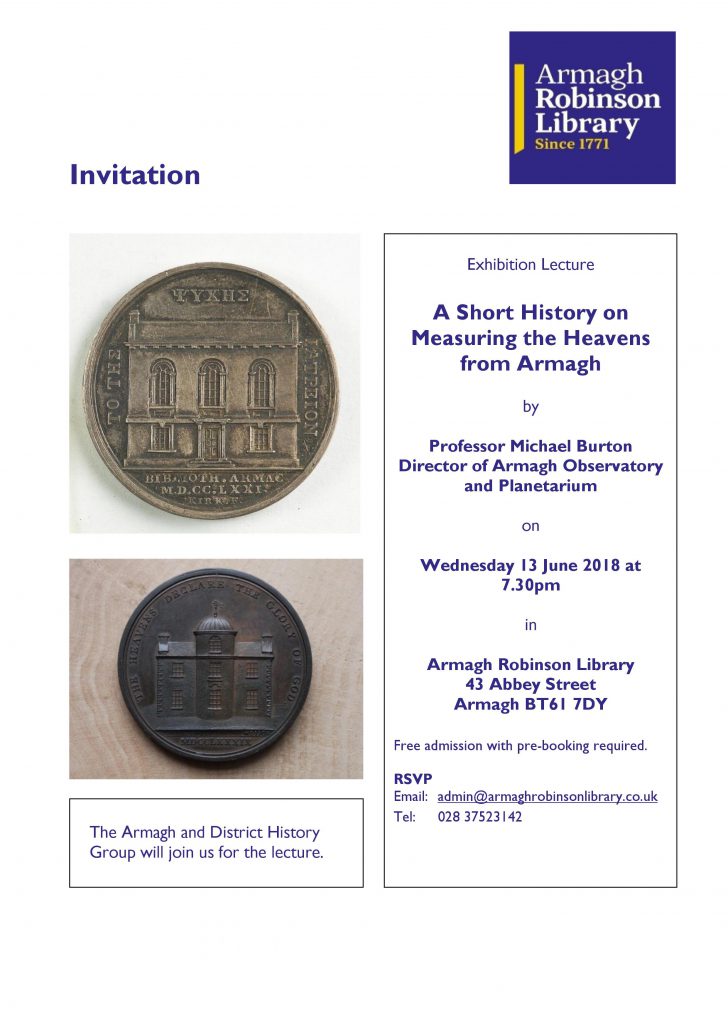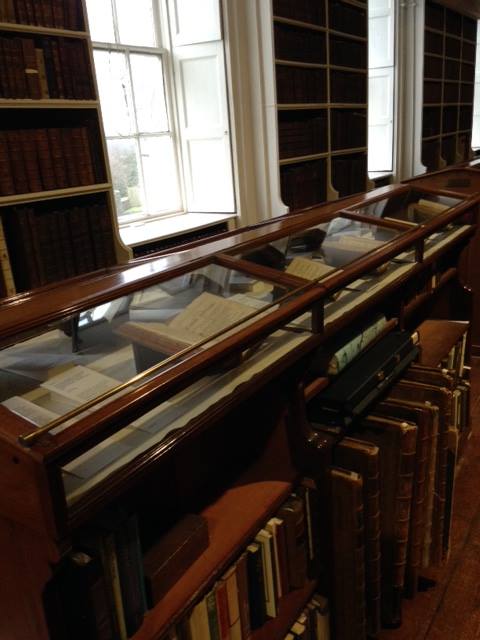
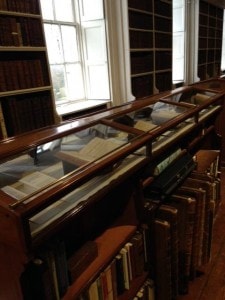 Armagh Public Library has launched its next temporary exhibition, entitled ‘The Age of Female Authors: Women Writers in the 18th Century’ which will run until the end of March and will coincide with this year’s International Women’s Day.
Armagh Public Library has launched its next temporary exhibition, entitled ‘The Age of Female Authors: Women Writers in the 18th Century’ which will run until the end of March and will coincide with this year’s International Women’s Day.
As with all its temporary exhibitions, the Library aims to highlight a particular theme within its collections. This time it has chosen to show the considerable range in women’s writing from the eighteenth century, a period when over a thousand women writers published their work and even outnumbered, statistically, the number of male authors.
Women wrote poetry, political satire, travel, literary criticism, science and more. To reflect the diversity of their writing, works by Sarah Fyge, Delarivier Manley, Eliza Haywood, Mary Goddard and Charlotte Lennox are now on display in the Library. Although a number of these women wrote anonymously, or signed their books as ‘by a Lady’, just as many women wrote openly under their own names. Thus, one critic writing in 1798 pronounced this to be ‘the age of female authors’.
As part of the promotion of women’s writing, the Library will also hold a public talk on International Women’s Day on 8 March 2017 at 7.30pm. The talk will be given by Professor Moyra Haslett from the School of English at Queen’s University, Belfast. One of Professor Haslett’s current projects is research on eighteenth-century women writers and coterie culture, including representations and perceptions of the bluestockings, complaints about the exclusion of women from literary societies, and fictions of female community.
The Very Revd Gregory Dunstan, Keeper of Armagh Public Library, said, “Professor Haslett is a long-standing friend of the Library. She and our staff have worked very happily together to prepare this exhibition. She has a particular interest in another of the women writers of the time, Elizabeth Montagu, the cousin of the Library’s founder, Archbishop Richard Robinson.”

